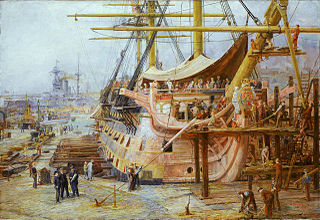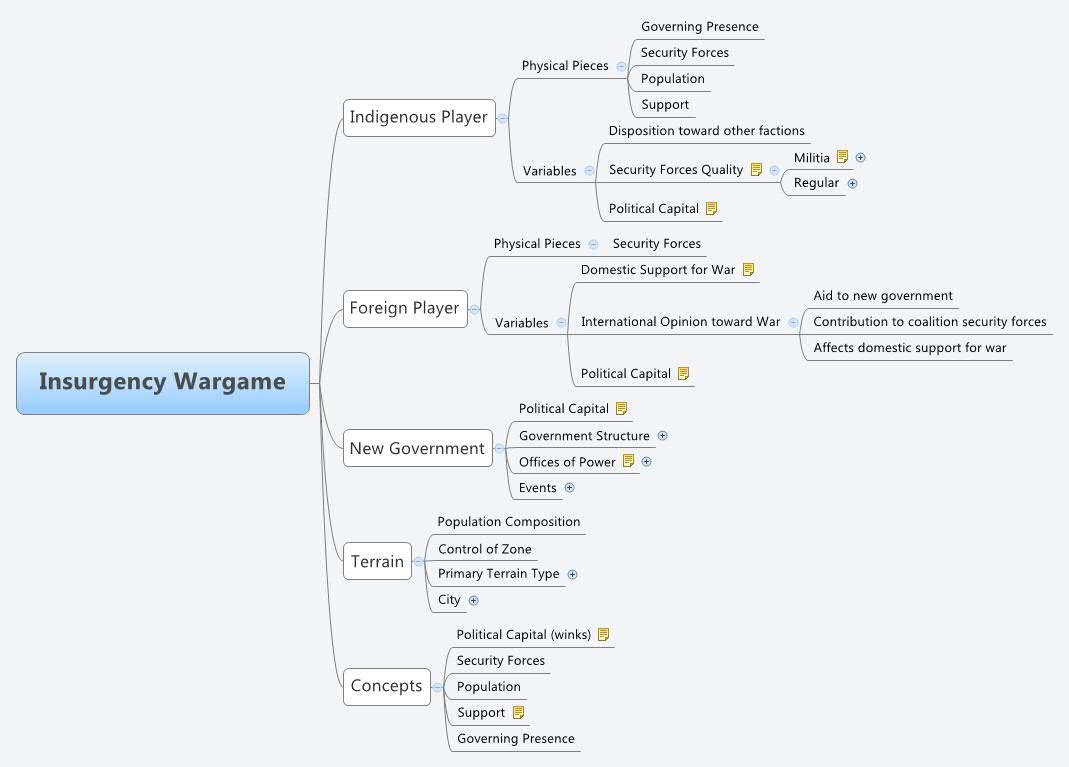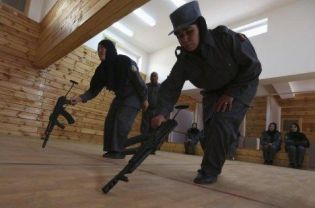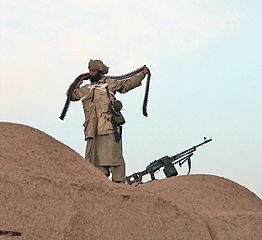Leftovers from my Instapaper
I’m making a bad habit of not writing anything for a while, so here’s some fluff so I feel productive. I bring you the items in my Instapaper queue that never seem to disappear:
- Washington Losing Patience with Counterinsurgency in Afghanistan in the National Journal
- Faulty Intelligence, regarding Petraeus as CIA chief. Thoughts on this are below.
- U.S. Navy Needs Diesel Submarines (but does it really? If you needed a car, I wouldn’t recommend a Model T to you)
- Espionage in Ancient Rome on HistoryNet. Quite a good read in my humble opinion.
Regarding Joshua Rovner’s “Faulty Intelligence” piece, Rovner brings up a few examples of intelligence leaders getting too involved in policy. He mentions President Johnson using intelligence officials as part of his PR campaign during Vietnam, Nixon calling on Helms to argue for a new missile-defense system, and W. Bush making the case to invade Iraq.

I hope the 7th Floor is ready.
“Intelligence fails when intelligence leaders are also policy advocates. For Petraeus to succeed as CIA chief, he must find a way to set aside his strong advocacy of a particular strategy in Iraq and Afghanistan.” I’m not qualified to judge what Petreaus can or can’t do, though from everything I’ve read it seems he is a consummate professional and has the intellectual acumen to do any job right. My problem is with the three examples Rovner mentions.
In each case, a President misuses the intelligence community for a policy goal. The problem is not so much intelligence chiefs become policy advocates, but Presidents asking the IC to do something it shouldn’t be asked to do. Under pressure from the administration it serves, the IC can be bent to do what the President desires. The problem lies not so much in the DCI(A) or intelligence analysts, who are part of a non-political body, but in the political body using them for political purposes. Ideally, they would simply say “no” to such pressure, but does a boss get more domineering than the President of the Free World™?
Given that the Director of National Intelligence is supposed to be the principal intelligence advisor to the President, Petraeus’ job theoretically boils down to being an institutional leader and managing the most important HUMINT organization the US has. In reality, Petraeus will probably have Obama’s ear more than DNI Clapper. So long as Obama doesn’t do something like, for example, pressure Petraeus into having the IC confirm troop drawdowns in 2012 have no effect on violence or the chance of attaining long-term victory, I’m pretty sure we’ll be fine.










I really enjoyed this piece and will express my elation with the following anecdote. I won’t mention the name of the professor this involves, even though he/she told this to the whole class, so I don’t think he/she expects it to remain in confidence. You will probably be able to glean who it is, anyway. We’ll call him/her Professor Hotshot. Just kidding.
So this professor was consulting the CIA back when Bush was trying to prove that Iran had nuclear weapons. He apparently told this “senior CIA person” that based on all the evidence they had provided him and the logic of his theoretical model, Iran did not have a nuclear weapon, wasn’t close to having a nuclear weapon, and would very likely stop short of developing one, at least in whatever timeframe they were looking at. The senior CIA person told him that he was “sure” that Iran DID have a nuclear weapon. So this professor asked, why? If he was given all the same information they had, what was he looking at that had him so convinced? And then he went home, I guess.
Allegedly, he got a call late one night from this CIA person where he confessed that he was truly bothered by his inability to come up with any evidence to support his position, and acquiesced, I guess. I was on facebook a lot in that class. It was like 3 hours long. Anyway, this professor’s point was that the intelligence community often isn’t doing anything fancy to analyze these situations. Maybe what you and Rovner are observing is some mutually-reinforcing thing.